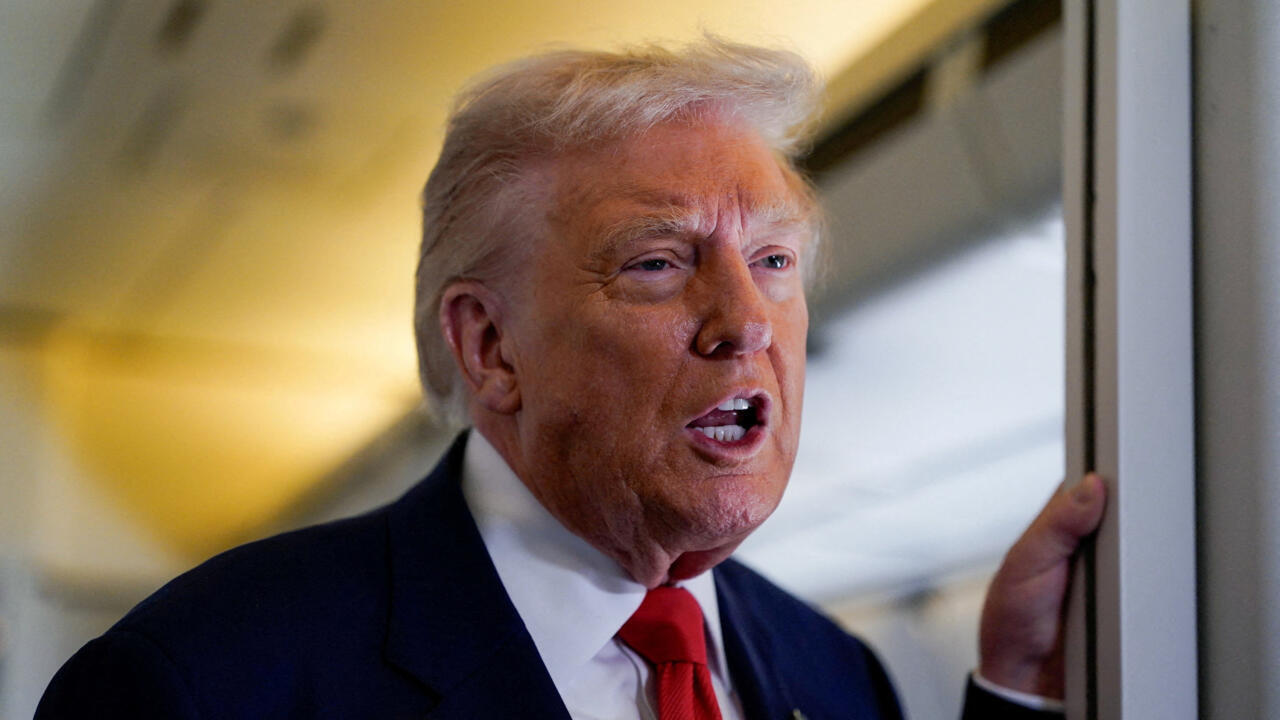Elon Musk stands as a singular figure at the intersection of technology, entrepreneurship, and geopolitics. As CEO of Tesla, SpaceX, and X (formerly Twitter), Musk wields a degree of power and influence that transcends the traditional boundaries of business leadership. His impact on global politics is multifaceted and constantly evolving, encompassing technological innovation, defense interests, energy transition, social discourse, and even explicit policy intervention.
Technological Leadership and Its Diplomatic Ramifications
Musk’s influence in groundbreaking fields like electric vehicles, sustainable energy, and space exploration creates widespread impacts globally. Tesla’s leading position in electric automobiles compelled car manufacturers globally to hasten their electrification efforts, prompting shifts in government policies favoring eco-friendly transportation. For example, after Tesla’s emergence, nations such as Norway, China, and European Union members reconsidered their policies on fossil fuel vehicles and promoted electric options. China, recognizing both a chance and a challenge, invested significant financial aid into its own electric vehicle sector, intending to surpass Tesla’s technological advantage.
The progress made by SpaceX has reshaped not only the possibilities for exploration but also the landscape of worldwide security. The Starlink satellite system, intended to deliver internet access across the globe, unintentionally positions Musk as a crucial figure in communications, particularly during periods of strife or uncertainty. For instance, throughout the Russian incursion into Ukraine, Starlink ensured continuous communication for both Ukrainian military and civilian entities. This action—orchestrated by a private individual rather than a government—sparked a global discussion concerning the oversight, availability, and responsibilities associated with critical communication infrastructure.
Direct Involvement in Geopolitical Disputes
Few entrepreneurs have engaged as directly in world affairs as Elon Musk. His high-profile interventions, sometimes by tweet or public statement, have drawn both criticism and admiration. During the Ukrainian conflict, Musk became a de facto diplomatic actor. By controlling Starlink’s operational parameters in Ukraine, Musk was able to affect military capabilities and humanitarian operations. According to reports, he at times limited or modified service to avoid escalation or direct involvement, highlighting the unprecedented mingling of private initiative and military necessity.
Musk’s publicly shared ideas for resolving the Ukraine-Russia war, despite their unofficial nature, garnered as much notice as official diplomatic efforts. Although Ukrainian leaders rejected Musk’s proposals, emphasizing their nation’s sovereignty and stance, Russian officials reacted favorably. His remarks were discussed at the highest echelons, demonstrating the potential impact of his individual views on international diplomacy.
Energy Politics: Shaping the Renewable Revolution
The global transition away from fossil fuels is intensely political. Musk’s advocacy for solar power, battery storage, and electric transport positions him at the center of these debates. His ventures in lithium extraction, battery Gigafactories, and solar roof technologies are reshaping supply chains and resource competition. For example, as Tesla’s battery demand surged, so too did geopolitical tensions over lithium, nickel, and cobalt mining, with countries from Chile to the Democratic Republic of Congo grappling with governance, environmental, and social issues.
In 2022, with Europe facing an energy crisis worsened by the Ukraine conflict, Musk’s statements regarding nuclear energy and his companies’ swift growth in solar power installations impacted not only investor confidence but also policy decisions, such as Germany’s brief change of course on its nuclear phase-out.
The Impact of Social Media on Public Conversation
Upon acquiring X, Musk secured unparalleled authority over a platform vital for political discourse, community organizing, and news distribution. Alterations to content oversight, the return of contentious personalities, and modifications to platform algorithms have been under intense scrutiny by global policymakers. Specifically, European regulators have issued warnings of sanctions should the platform enable the proliferation of hate speech or misinformation that violates EU legislation, positioning Musk in direct discussions with international governmental entities.
Musk’s individual engagement with social media platforms highlights his capacity to directly intercede in current policy discussions, encompassing topics from artificial intelligence governance to freedom of speech and national security concerns. By adopting the stance of a proponent of “free speech absolutism,” his conduct impacts both societal movements and legislative frameworks, particularly within the United States and the European Union.
Military and Defense Partnerships
Elon Musk’s business ties with the U.S. government and allied armed forces amplify his sway over defense and intelligence capacities. SpaceX’s Falcon and Dragon spacecraft are crucial for both NASA and the Pentagon, enabling satellite deployments for national security and robust GPS functionalities. The Pentagon has shown interest in utilizing Starlink for reliable, swift battlefield communications and intelligence activities, prompting inquiries regarding supervision and the equilibrium of public-private collaborations in critical areas.
These trends have prompted certain countries to expedite the creation of independent capabilities in satellite and launch technologies, aiming to prevent reliance on a sole entrepreneur or a company under foreign ownership.
Economic Leverage: Supply Chains and Investment Flows
Tesla’s global reach allows Musk to impact trade, foreign investment, and labor markets. The decision to build Gigafactories in China and Germany, for example, facilitated significant foreign direct investment inflows and spurred local employment. However, these moves also exposed Tesla to local political pressures, labor disputes, and shifting regulatory expectations.
The company’s operations in China are especially noteworthy. Musk negotiated favorable terms with Chinese authorities—unique among foreign automakers—including wholly owned operations in Shanghai. These agreements not only facilitated Tesla’s rapid expansion but also positioned Musk as a strategic partner to the world’s second-largest economy, making him a key interlocutor in U.S.-China economic relations.
Shaping the Global Regulatory Agenda
Through advocacy, lobbying, and public commentary, Musk shapes regulatory agendas in critical areas such as artificial intelligence, autonomous vehicles, and carbon emissions. His warnings about the dangers of unregulated AI development contributed to calls for government oversight from Washington, Brussels, and Beijing. Conversely, his resistance to certain environmental compliance regimes—arguing for rational flexibility in emission targets—impacts debate on the speed and structure of regulatory implementation.
In autonomous mobility, Musk’s stance and Tesla’s real-world data have been used to both advocate for and against accelerated deployment without human drivers, again placing the entrepreneur at the heart of legislative deliberation.
Elon Musk’s unique blend of technological advancement, media visibility, worldwide financial commitments, and forward-thinking strategy allows him to influence not just business environments but also the fundamental frameworks of global political authority. His actions—at times structured, frequently spontaneous—demonstrate that 21st-century power is no longer solely held by national leaders or diplomatic figures. Rather, tech entrepreneurs such as Musk facilitate, hasten, and sometimes upset the rhythm and scope of international politics, frequently introducing fresh challenges concerning responsibility, national autonomy, and the distinctions between collective benefit and individual profit.



